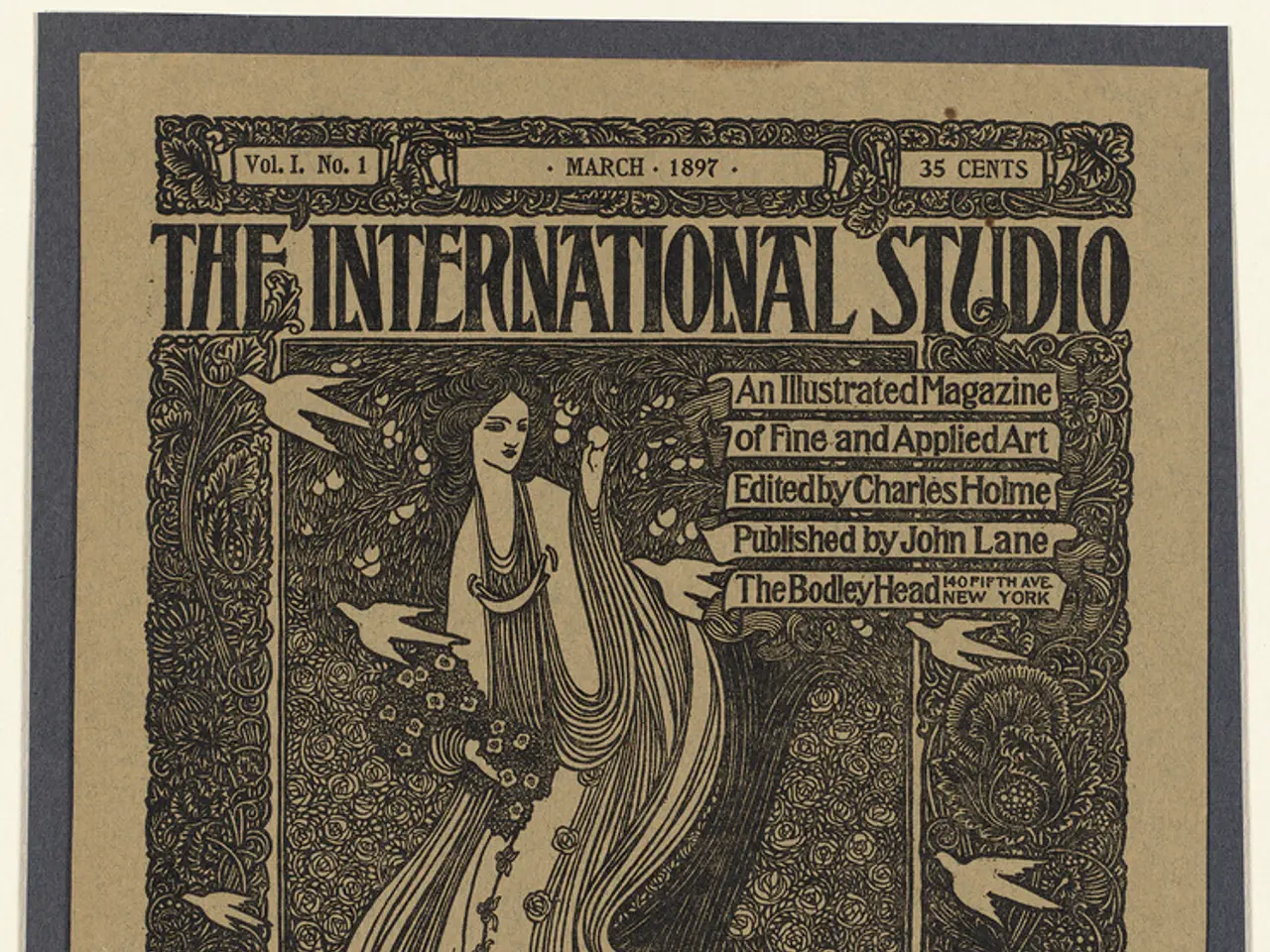Women in the Malayalam film industry champion progress, confronting established norms and calling for transformation
In the world of Malayalam cinema, a significant shift is underway. The industry is witnessing a surge of women taking on key roles, marking a departure from its traditionally male-dominated leadership.
One of the most notable developments is the election of Shwetha Menon as the first female president of the Association of Malayalam Movie Artists (AMMA). Alongside Menon, other women hold significant posts such as general secretary, vice presidents, and executive committee members. This change signifies a break from the past and is seen as a symbolic move towards gender justice and empowerment in the industry.
However, Menon's journey to the presidency has not been without controversy. A case was filed against her for alleged involvement in "vulgar or obscene" films, a case that she believes is politically motivated and aimed at damaging her chances of winning the elections. The case, which concerns films that were censored and released 15 years ago, has since been stayed by the High Court.
Another woman making waves in the industry is Sandra Thomas, a producer who has faced difficulties when challenging established power structures in associations like the Kerala Film Producers Association. Thomas has urged industry leaders to clarify their stance on the Hema Commission report, which detailed harassment and lobbying in the industry. She believes that these associations work hand in glove and that challenging them can make it difficult to complete a film.
Thomas's stance has not gone unnoticed, and she has experienced attempts to discredit her due to her independent stance. Despite this, she has approached the court against her disqualification from contesting elections in the Kerala Film Producers Association.
The controversies surrounding the elections to AMMA and the Kerala Film Producers Association are not lost on women in the Malayalam film industry. They believe that these controversies are, in part, a backlash against women taking on key roles within the film sector. Deedi Damodaran, a member of the Women in Cinema Collective, views these developments as signs of women's empowerment.
Mammootty and Mohanlal, influential actors, are in favor of women leading in AMMA. They, along with many others, see this shift as a step towards a more inclusive and equitable industry.
The current state of gender representation and power dynamics in Malayalam cinema shows significant progress towards inclusivity and reform following the Hema Commission investigation and report on sexual harassment and gender discrimination. While there are still challenges to be addressed, such as inconsistent enforcement of labor laws and issues like victim blaming, the industry is moving in the right direction.
As Malayalam cinema continues to evolve, the Women in Cinema Collective remains a significant force driving change and empowerment for women. The collective emphasizes the importance of creating a safe and transparent working environment for women, enforcing rules on sets, transparency in wage systems, and accountability, including delivering apologies to survivors of abuse who left institutional bodies under duress.
Policy-level reforms are also taking place. Discussions such as those at the Kerala Film Policy Conclave have prioritized gender justice by advocating for compulsory Internal Complaints Committees (ICCs) at all shooting locations, mandatory maternity leave, childcare facilities on sets, and legal protections against online abuse. There is an active push to clearly define "workplace" within the industry to extend legal safeguards beyond indoor locations, ensuring a safe and equitable environment for women and other marginalized groups.
In summary, Malayalam cinema is undergoing a transformative phase after the Hema Commission report. While the rise of women leaders in AMMA and policy-level reforms represent significant progress in gender representation and power redistribution, ongoing efforts are crucial to dismantle entrenched biases and create a safe, equitable working environment across all areas of the industry.
[1] "AMMA Elections 2021: Swetha Menon Becomes First Woman President of AMMA" - The News Minute [2] "Shwetha Menon Case: High Court Stays Proceedings" - The Indian Express [3] "Malayalam Cinema's #MeToo Movement: A Year Later" - The Wire [4] "Women Take Over AMMA: A New Era for Malayalam Cinema" - Firstpost [5] "Kerala Film Policy Conclave: Prioritizing Gender Justice" - The New Indian Express
- The women's health community expresses support for Shwetha Menon, the first female president of AMMA, in light of her controversial election and ongoing legal case related to her past films.
- In the midst of the crime-and-justice landscape, Sandra Thomas's unwavering stance against power structures in the Kerala Film Producers Association and her fight for gender justice resonates with the science and health-and-wellness community, as she stands as a beacon for general-news headlines.
- As Malayalam cinema forges ahead with policy-level reforms aimed at enhancing gender justice, the opinions of industry influentials like Mammootty and Mohanlal echo across the field, signaling a consensus that the evolving cinematic world is a reflects a commitment to healthier and fairer work environments for all.




